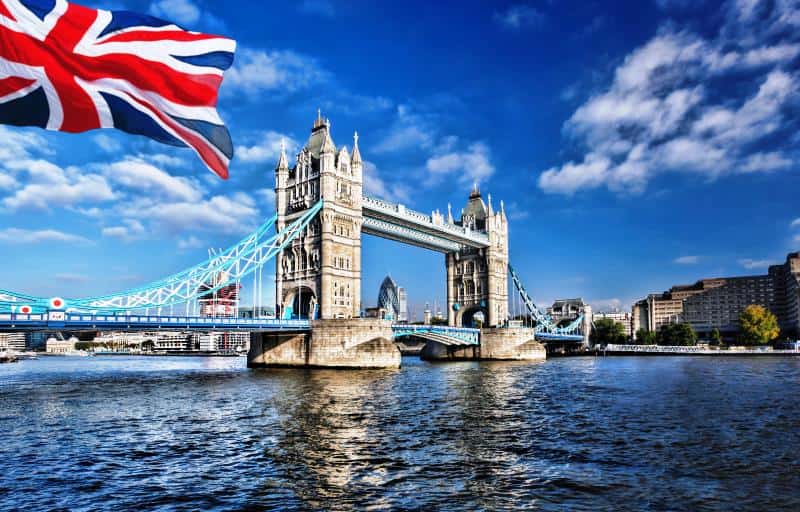Britain is witnessing a sudden increase in inflation, reaching 3.5% in April.

The annual inflation rate in the United Kingdom unexpectedly jumped during the month of April, rising to 3.5%, reaching the highest level since January 2024, surpassing analysts' expectations of 3.3%.
This increase comes after months of gradual slowdown in inflation rates, which stood at 2.8% in February and 2.6% in March, sparking optimism about the easing of inflationary pressures.
Data from the UK's Office for National Statistics revealed a rise in the core inflation rate, excluding energy, food, alcoholic beverages, and tobacco prices, to 3.8% compared to 3.4% in the previous month.
Several sectors contributed to pushing inflation higher, notably housing, household services, transportation, as well as entertainment and culture, while a decline in clothing and footwear prices helped slow down the increase.
Analysts attributed this sudden increase to a range of temporary factors, such as raising the energy price cap, increasing taxes on local companies, as well as the impact of the Easter holiday and improved weather conditions that encouraged economic activity.
Following the announcement of the data, the British pound rose by 0.4% against the US dollar, in a swift market reaction to the inflation indicators.
On the other hand, UK Finance Minister Rishi Sunak expressed "disappointment" with the new figures, confirming the continued struggle of citizens with high living costs pressures.
The Bank of England had previously forecasted inflation to reach 3.7% in the third quarter of the year, driven by rising energy prices and increases in some regulated prices such as water bills, according to reports from the bank's Monetary Policy Committee.
However, the bank continued its easing policy by reducing the main interest rate to 4.25% at its latest meeting in early May, emphasizing that any future cuts would be made at a "gradual and cautious" pace in line with the goal of maintaining inflation stability at 2%.
The bank also warned of potential repercussions of US tariffs on the global economy, which could negatively impact the pace of interest rate cuts or further hinder British growth beyond expectations.
Separately, preliminary estimates showed a significant improvement in the Gross Domestic Product by 0.7% in the first quarter of the year, outperforming most expectations.
However, economic experts expressed doubts about the sustainability of this strong performance in the second quarter, pointing out that the recorded growth was a result of accelerated economic activity before the implementation of US tariffs and tax increases on companies in April.